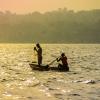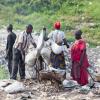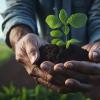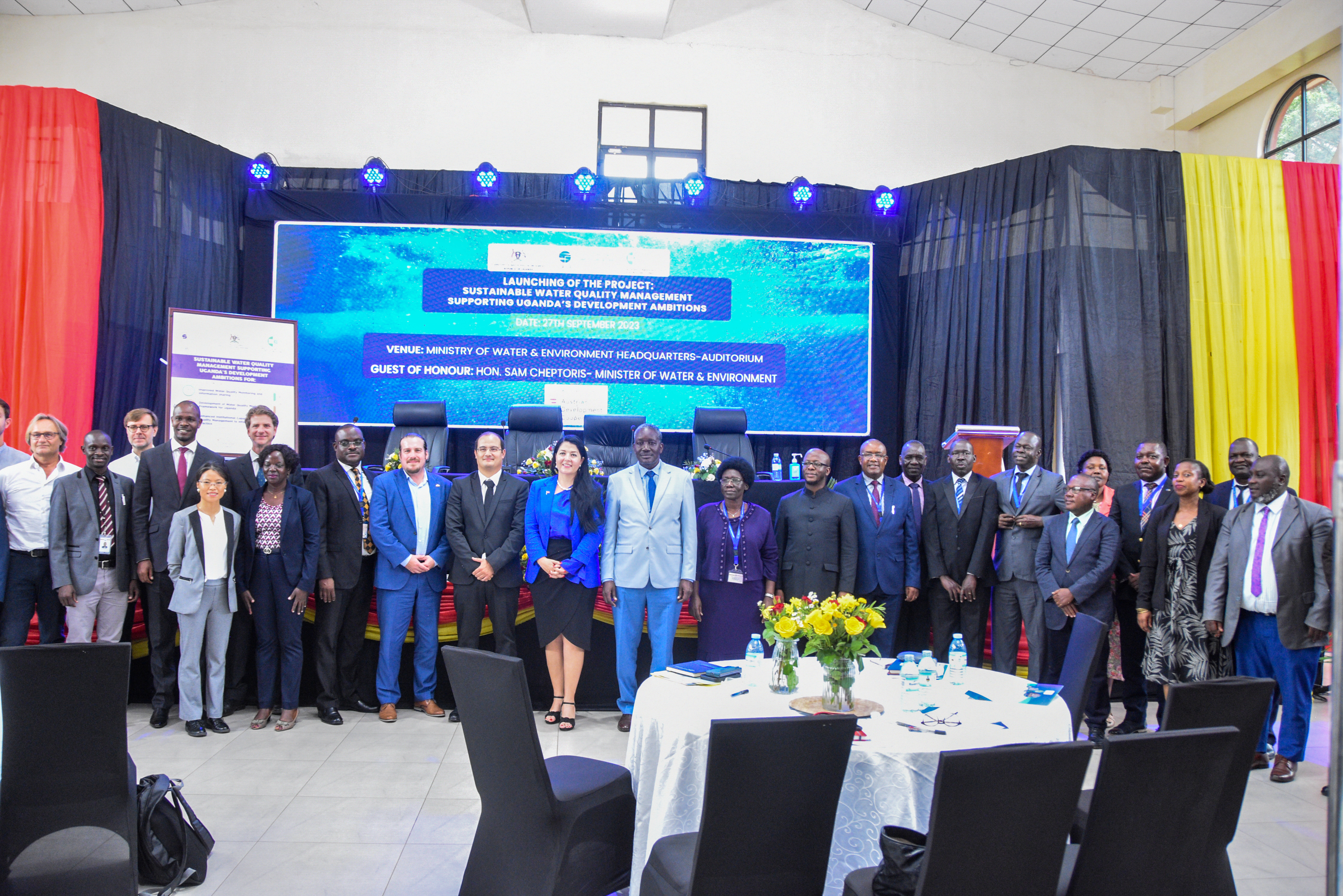
Deteriorating water quality poses major threats to human health, economic development, and local ecosystems in Uganda. The Ugandan government is working with international scientists to build up knowledge and enhance institutional capacity for better water quality management, as well as improve the understanding of water quality status in the country.
Regular fish die-off (or “fish kill”) is a worrying phenomenon occurring in many parts of the world. Recent fish kills reported on Lake Kyoga and Lake Victoria, Uganda, raised concerns among both local authorities and scientists, who subsequently collected and analyzed fish and water samples. The results are illustrative of a much larger problem in the country — deteriorating water quality, impacting both ecosystem services and the health of Ugandans who directly or indirectly suffer from water pollution.
“Water pollution is a multifaceted issue that relates to many other sectors and actors. Pollution sources are diverse, ranging from municipal and industrial wastewater, runoff from agricultural activities, pharmaceutical and medical residues, plastic waste, or pollutants from storm runoff,” explains Ting Tang, scientific lead of the project and a researcher in the Water Security Research Group of the IIASA Biodiversity and Natural Resources Program. “A systematic and comprehensive understanding is needed to address the where, what, and how of water quality management, and to benefit effective resource management overall.”
To tackle these problems in a holistic manner and contribute to the sustainable management of water resources, the SWAQ-Uganda project officially kicked-off in Uganda on Wednesday, 27 September 2023. It is implemented by the Department of Water Quality Management in the Directorate of Water Resources Management (DWRM) of the Ugandan Ministry of Water and Environment (MWE), and coordinated by IIASA in partnership with the University of Natural Resources and Life Sciences (BOKU), Vienna. The project is funded by the government of Austria through the Austrian Development Agency (ADA) and focuses on conducting a comprehensive national water quality assessment, compiling data from existing information and water quality monitoring, and enhancing institutional capacity at the national level.
A series of events took place over this week as part of the local kick-off session, featuring Alfred Okot Okidi and Florence Grace Adongo, respectively the Permanent Secretary and the Director of Water Resources Management at MWE, and Katja Kerschbaumer, Head of the Office for Development Cooperation of the Austrian Embassy in Kampala. IIASA and BOKU scientists, consultants from the service provider Hydrophil, and national experts, were some of the key speakers.
Over 60 specialists, practitioners, policymakers, and researchers from the Ugandan government, universities, and other entities working not only in the water sector, but also in the agriculture, industry, tourism, fishery, and environmental sectors participated in the launch. Additional trainings on data processing and analysis were provided on Thursday and Friday.
The aim of these activities is to raise awareness and create visibility for the project and water quality challenges in general, highlighting the need for engagement across different sectors to address them. Similar activities will be conducted systematically as part of the project, focusing on a wide range of technical topics (e.g., biomonitoring, data processing and analysis, data management, and water quality modeling). The project will also help to conduct a comprehensive national water quality assessment for the country, improving water quality monitoring and information sharing.
In addition, the project will foster the development of a water quality modeling framework. The framework will offer policy and planning insights, contributing to further water quality assessment and management in the country.
The main output areas (OP), described above are summarized in the graphic below:
News

15 April 2024
Collaborating to devise a strategy for organic waste management in Uganda

12 December 2023
Giacomo Falchetta receives the IAMC Best Online Poster Award

20 October 2023




